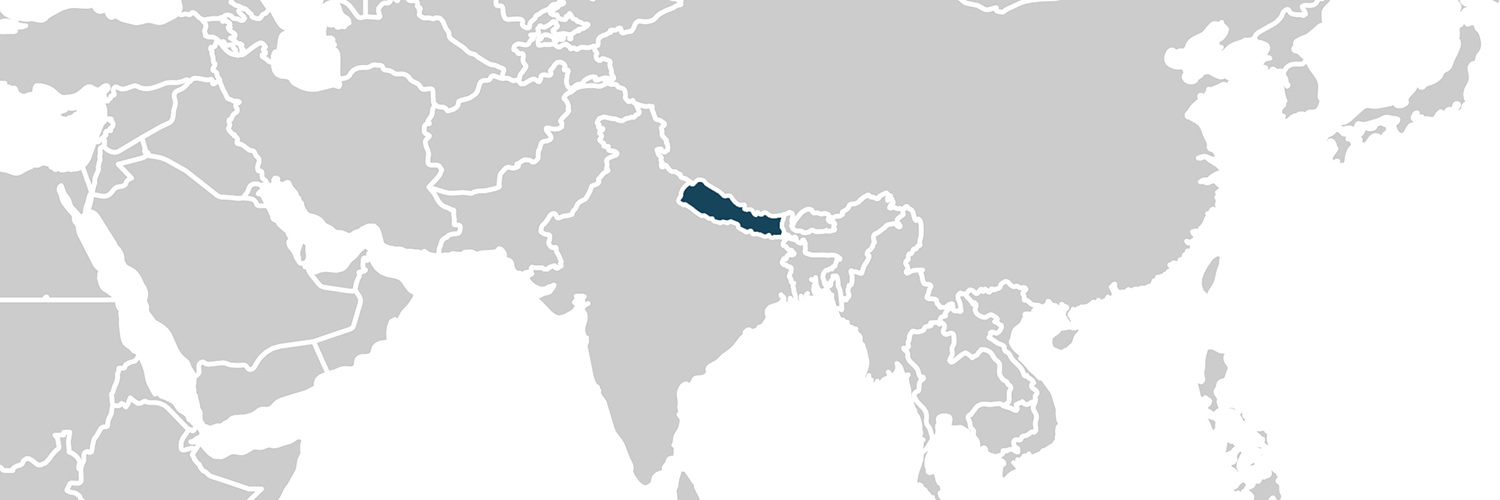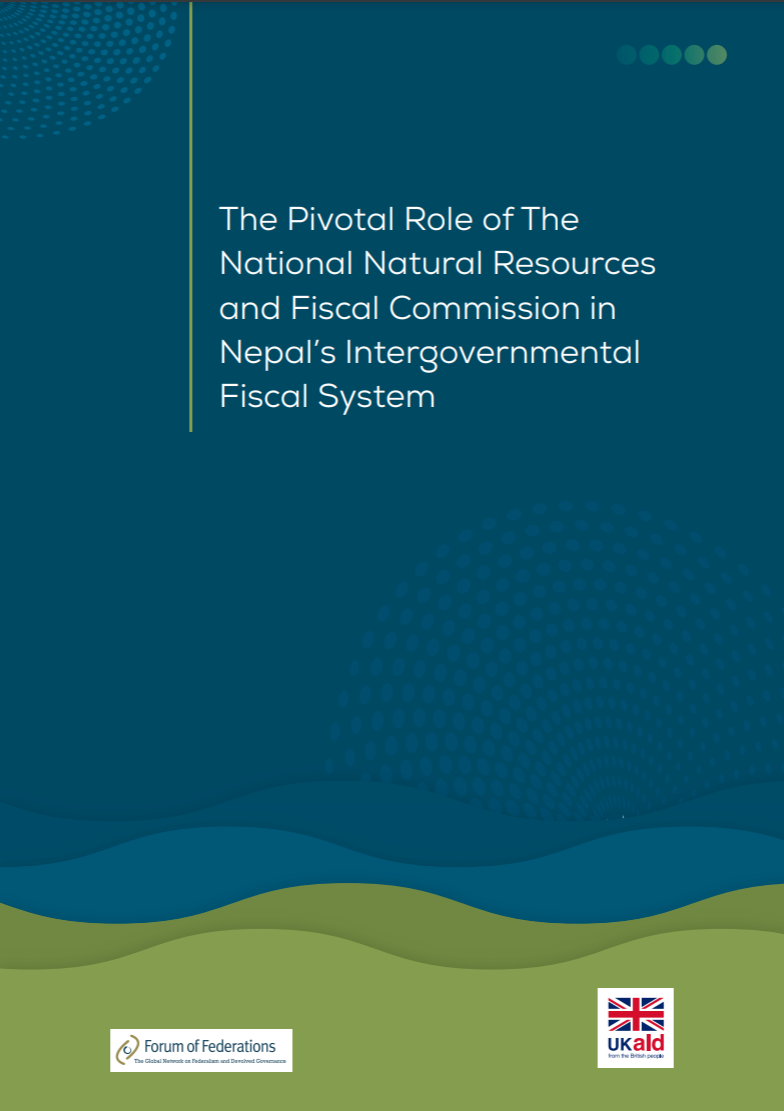
After the promulgation of its federal constitution in 2015, Nepal is the most recent country to join the federal community of nations. Since that historic day, Nepal has been dedicated to the implementation of its federal Constitution, a Constitution that is very progressing and inclusive, guided by principles of coordination, cooperation and coexistence [1].
It is toward this goal that the Forum’s work in Nepal is focused – to support the Governments of Nepal achieve their aspirations of federal polity. The Forum does so in areas such as capability building, with officials across its three spheres of government, so that ultimately these governments may provide all its citizens those rights and services enshrined in its Constitution.
To achieve this, the Forum works providing training in, and support to, establish federal practices that enhance the capacity of political and administrative leaders across all spheres of government, constitutional bodies, federal and provincial training institutes and civil society organizations.
What the Forum Does: Principle-Based Strategic Approach

- Targetting a wide range of activities related to strengthening inclusive societies, gender equality, responsive and effective governance through supporting the federalization processes.
- Developing and conducting activities based on the Forum’s core principle of ‘Learning from each other’, this way stakeholders can learn from similar experiences of other federal countries as they undertake the challenges of implementing federalism in Nepal.
- Providing comparative knowledge exchange events with key political and administrative leaders from all spheres of government on technical and practical issues related to the many aspects of federal governance, from policy sector implementation to advancing practices in intergovernmental relations.
- Focussed on SDG 16 to develop effective, accountable and transparent institutions at all spheres. Enhancing the capability and understanding of the roles and responsibilities of political stakeholders from all spheres of governments in Nepal. Leaders invovled in policy making and implementation.
- Advancing the participation of women in leadership roles that support the development of gender-inclusive societies. To achieve this, the Forum works with organisations, such as the Caucus of women political leadership in Nepal and conducts knowledge exchange events on comparative experiences of other federations on federal governance to ensure greater participation of women in decision making, including prominent leadership roles. Such engagements with women leaders strengthen their understanding of multilevel governance structure and principles such as devolved and inclusive governance and gender equality so that they can play a greater role in decision making.
- Strengthening the capacity of the province led federalism training institutions by providing capacity building sessions to address training needs and knowledge gaps on principles and processes vital to federal implementation and empowerment.
- Development and dissemination of knowledge products, thought pieces and research publications on federal governance issues relevant to Nepal such as fiscal federalism and Intergovernmental Relations.
What the Program Aims to Achieve: Results
The Forum’s knowledge exchange events and workshops aim to support Nepal’s government on political, administrative and policy level to implement federalism in Nepal within the spirit of the constitution; coordination, cooperation and coexistence at all spheres of government. It does so through knowledge sharing programmes on comparative federal experiences and case studies so that the stakeholders from all spheres of government will increase their understanding of multilevel governance structure and procedures and enhance their knowledge and skill on their roles and responsibilities to participate in the federal model.
These activities have thematic and policy focuses. Some examples of our programs are:

- Engaging with stakeholders from all three spheres of governments in knowledge sharing activities to improve intergovernmental relations specific to sectoral policy areas and in coordinated development planning to establish an institutionalised and collaborative system of intergovernmental relations.
- Enhancing understanding of constitutional bodies such as National Natural Resources and Fiscal Commission (NNRFC) with regard to structures and practices of similar Fiscal Commissions and the nature and power of these fiscal commissions – lessons for Nepal.
- Supporting women’s inclusion, empowerment in federal governance and to promote the implementation of gender responsive initiatives in mindsets and practice. The goal of these interactions has been to increase the participation of women leaders in all spheres of federal governance and in policy making processes.
- Increasing the understanding of inclusive governance practices amongst local stakeholders, academics, women, media, civil society across the country to facilitate their participation in multilevel governance processes. These ‘citizen’s forums’ are focused on federal systems and their inclusive governance practices, the intent is to support deeper understanding of what responsive, inclusive, participatory and representative decision making practices can look like at all spheres.
- Enhancing the knowledge of federal and provincial training institutes on comparative federal practices by conducting capability building sessions that develop locally developed training manuals and syllabus. These training tools support their goal of building the capacity of the elected and government officials by providing knowldege of practices on various aspects of govenance practice in federalism. These institutions fill knowledge gaps and contribute to enhance the understanding of federal governance and policy-making amongst the key stakeholders of all spheres of governments.
[1] Article 232, Constitution of Nepal (2015)




